Subtotal: £14.00
Active ingredients
The active substances. The leaves contain up to 10% tannins, 5% mucus, glycoside aucubin, saponins, vitamins C and K, flavonoids, phenolic carboxylic acids, phytoncides, trace elements. The seeds contain 15% fat, 10% mucus, saponins, saccharides.
Healing properties
The leaves have an anti-inflammatory, bactericidal, wound healing, anti-bleeding, antispasmodic effect, the seeds have a mucous, mild laxative effect.
Plantain has been used in medicine for 2,000 years. On the bruises and wounds, people laid clean, fresh plantain leaves. Plantain preparations are used to treat cough in patients with bronchitis, tracheitis, and laryngitis.
Plantain has laxative, anti-allergic properties, stimulates blood circulation, helps to remove urine, bile, used in inflammation of the kidneys, atherosclerosis, accelerates regeneration processes, therefore it is used in the case of radiation damage, prevention of eye diseases.
Plantain contains mucous substances, which have a calming effect on the lungs, reducing inflammation and irritation, facilitating expectoration.
Plantain can treat gastric and duodenal ulcers, gastritis and colitis.
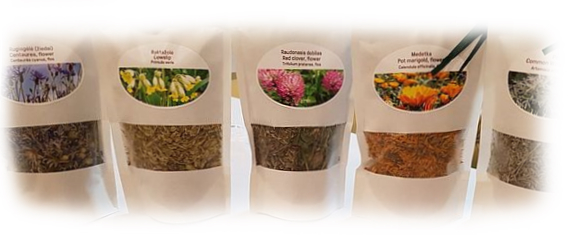
You can rinse your mouth with rinses made from plantain, which help to overcome mouth and throat diseases.
Plantain has an antiseptic effect, soothes, has anti-inflammatory properties, eliminates pain.
From dried plantain leaves you can make tea that treats gastric, duodenal ulcer, gastritis.
Plantain tea is also recommended to drink in patients with bronchitis, bronchial asthma, inflammation of the respiratory tract. Tea facilitates expectoration, reduces hoarseness. It should be noted that plantain also contains laxatives, but this is more due to the action of plantain seeds and their shells than to plantain leaves.




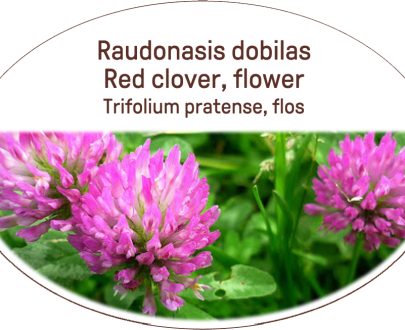
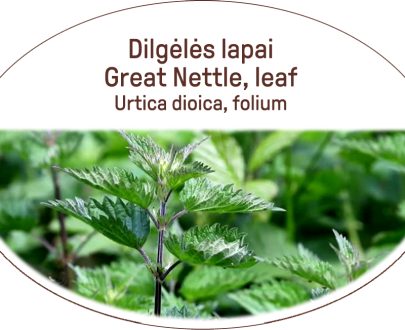
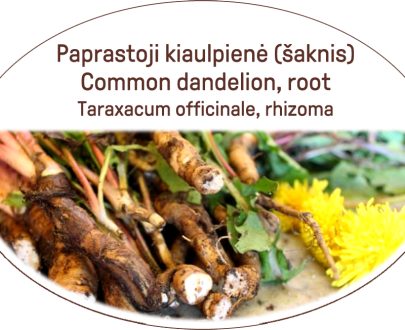
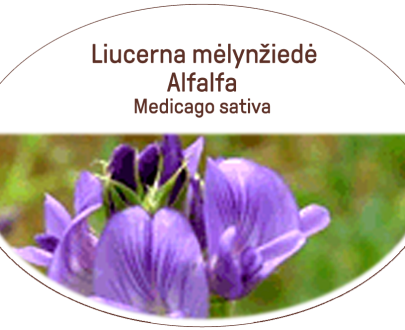
Customer reviews
Reviews
There are no reviews yet.
Write a customer review